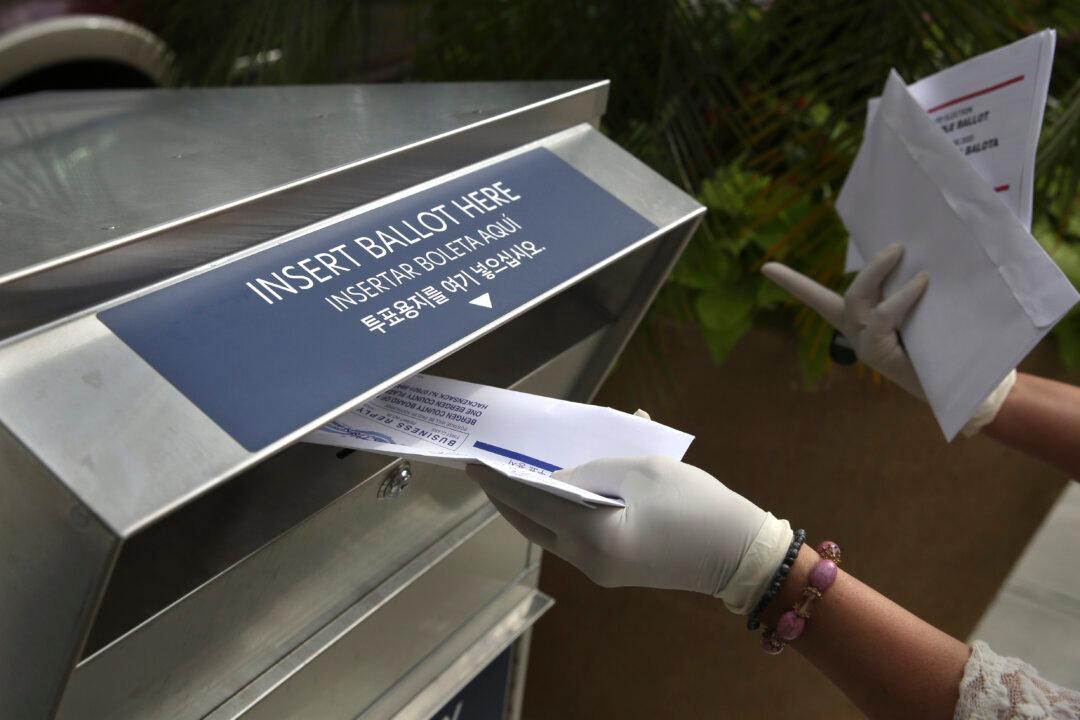Voters across the country are receiving mail-in ballot applications that contain inaccurate and potentially misleading information, election officials say.
The Center for Voter Information (CVI) and its affiliate the Voter Participation Center, both based in Washington, are sending the applications to voters in 20 states.





